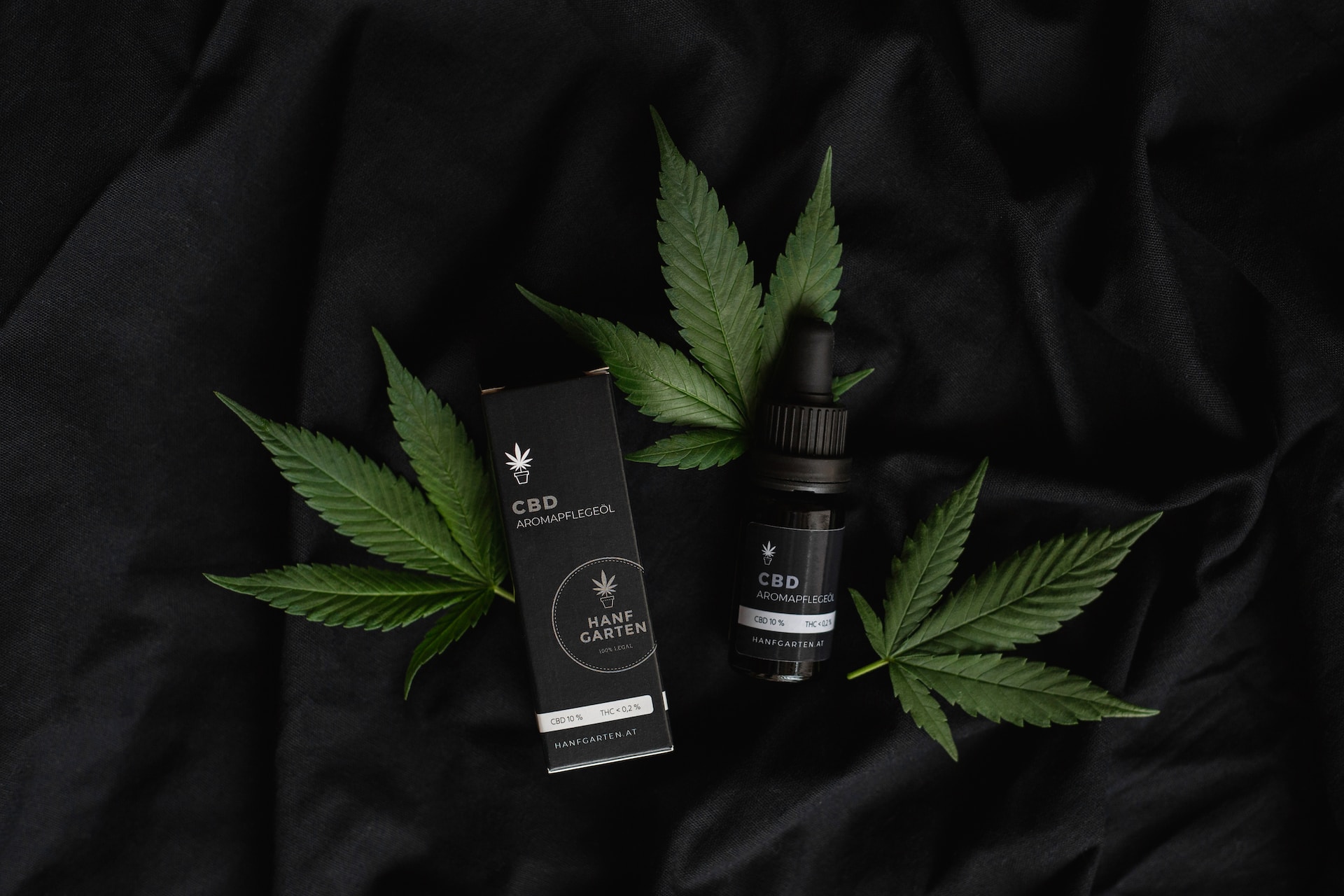
Cannabidiol (CBD) is used in a variety of products, from additives to creams to vape oils. Before using products containing cannabidiol, here is what you should know.
What is cannabidiol?
Cannabidiol (CBD) is a chemical compound of plants called “cannabinoids.” CBD occurs naturally in the Cannabis sativa plant (marijuana and hemp). However, it can also be done in the laboratory (synthetic). CBD preparations may contain varying amounts of delta-9 tetrahydrocannabinol (THC, the psychoactive ingredient in marijuana), which is a controlled substance. The amount of THC depends on the Cannabis sativa plant from which the CBD is derived and the process used to extract the CBD from the plant.
Is CBD legal?
After the December 2018 Farm Bill was signed into law, questions are being asked about the legal status of CBD. The Farm Bill legalizes hemp by defining it as Cannabis sativa with less than 0.3% THC by dry weight. Since then, various CBD products have appeared on the open market. For more information on the regulatory status of CBD and other derived cannabis products, please visit the questions and answers section of the FDA web page.
Unless a third-party laboratory tests each batch of CBD products, there is no way to know for sure whether the product contains high levels of THC. If you consume something with enough THC, it can lead to a positive drug test.
CBD is the active ingredient in the FDA-approved drug, Epidiolex®, which is used to treat seizures in children, which means that CBD can be prescribed by a doctor for its approved use: controlling seizures. Some states have laws that allow certain patients to use CBD under medical supervision, but these laws do not change CBD’s status under federal law.
In November 2019, the FDA released a consumer update stating clearly: “It is now illegal to sell CBD by adding it to food or labeling it as a dietary supplement. » The same web page explains the FDA’s decision and explains what it is doing to learn more about the safety and other effects of CBD.
Can I use it in the military?
For members of the profession, the message is simple: the use of products containing CBD (and hemp) is prohibited, regardless of the concentration of THC (except when the Epidiolex FDA-approved drug is prescribed). CBD products include topical products, inhalation (vaping), and oral products. For an in-depth look at the military policy, you can read OpJAGAF 2019-23 (Air Force specific, but informative). In addition, the use of synthetic cannabinoids (including CBD) is listed in DoDI 1010.01 as a violation of the Uniform Code of Military Justice (UCMJ).
What types of products can contain CBD? CBD products can be found in a variety of forms, including oils, capsules, gummies, syrups, teas, and lotions and creams, as well as pet products. CBD is often marketed to promote general health, well-being and vitality, but some products are marketed to prevent, treat or treat serious diseases such as Alzheimer’s disease, cancer, etc., without any evidence to support these claims. Such claims make these promoted products “unapproved drugs.” As mentioned above, the FDA has approved a drug with CBD as an active ingredient: Epidiolex.
The FDA clearly states that CBD products cannot be sold as dietary supplements. Similarly, the FDA clearly states that CBD cannot be added to foods sold in interstate commerce.
Have other concerns about CBD-containing products? Although CBD cannot legally be added to food or dietary supplements, the FDA has received increasing reports of adverse reactions related to CBD products that consumers may mistake for traditional foods and beverages. . These types of products can lead to accidental or overdose of CBD. This applies to CBD products that are sold in forms that appeal to children (such as gummies, cookies, and candies).
According to the FDA, “…the use of CBD raises safety concerns, especially with long-term use. Scientific studies have shown that male reproductive systems can be damaged, including testicular atrophy, liver damage, and interactions with certain medications. The FDA hasn’t seen enough information showing how much CBD can be consumed over a long period of time before harm occurs. The FDA is concerned about the safety risks associated with the use of CBD by pregnant or breastfeeding women and its potential interaction with caffeine. For more information, read the FDA report.
CBD oil sold for vaping brings additional concerns. Reports of serious adverse reactions related to some “CBD” vaping products have led to testing, which found the presence of dangerous synthetic cannabinoids and, in some cases, no CBD at all.